Ginger flowers are small, about the size of a thumb, with stems about 10-15 cm long, dark green and a mild aroma similar to ginger. There is only one crop per year, the harvest time usually falls between July and September of the lunar calendar, depending on the weather, the flowers bloom earlier or later.
According to the people of Buoc Mu village, Na Ngoi commune, ginger flowers used to only appear in the daily meals of each family. This flower was never considered a commodity to be traded on the market, mainly serving the needs of self-sufficiency. Now, many restaurants and eateries have added ginger flowers to their menus, turning this dish into a specialty that is loved by customers. When the harvest season begins, the highland markets become bustling.
People of Na Ngoi commune, Nghe An , harvest ginger flowers. Photo: Lu Phu
Mr. Nguyen Viet Hung - Secretary of the Muong Xen Commune Party Committee said: In addition to the traditional consumption source at the fairs, the locality is currently connecting with a number of supermarkets in Nghe An province to expand the output for ginger flowers. This is a new direction, helping to increase the economic value of ginger plants, at the same time, encouraging people to cultivate in a clean and sustainable way.
Ginger flower harvesting is still done entirely by hand. People often use knives or small scissors to cut each stem, avoiding damaging the ginger root underneath. A ginger root can produce 8-20 flowers, better roots can produce more. On average, each morning, a worker can pick 10-20 kg of flowers, selling at the current price of about 25,000 VND/kg. In addition, ginger flowers are also sold retail at the market for 10,000 VND/bunch, depending on quality and time.
Ginger flower is a popular clean agricultural product. Photo: Lu Phu
Not only does it bring in a good income, ginger flowers also contribute to diversifying the crop structure and agricultural products of mountainous communes. This type of flower can be processed into many typical dishes such as stir-fried beef, soup, or dried to make tea. The spicy, slightly pungent flavor makes the dish special, and according to folk experience, it also has the effect of warming the stomach and relieving colds.
Mrs. Ho Y Pa in Truong Son village, Nam Can commune happily shared: In recent years, when the demand from traders increased, ginger flowers began to be harvested and sold, bringing a good source of income for the people.
To develop ginger flowers in a sustainable way, the authorities of mountainous communes have stepped up propaganda and guided people to harvest properly, avoiding over-harvesting that affects the ginger roots. At the same time, market connection is considered a key factor to ensure stable output. Currently, some traders have raised the issue of long-term purchasing, aiming to form a clean ginger flower material area that meets food safety standards.
Stir-fried ginger flower with beef - a rustic dish of the Nghe An highlands. Photo: Contributor
If there is a stable purchasing and distribution chain, ginger flowers can completely become a local branded commodity product, contributing to promoting the development of mountainous agricultural economy in a diverse, sustainable and environmentally friendly direction.
Source: https://baonghean.vn/hoa-gung-mo-nguon-thu-nhap-moi-cho-nguoi-dan-vung-cao-nghe-an-10306146.html


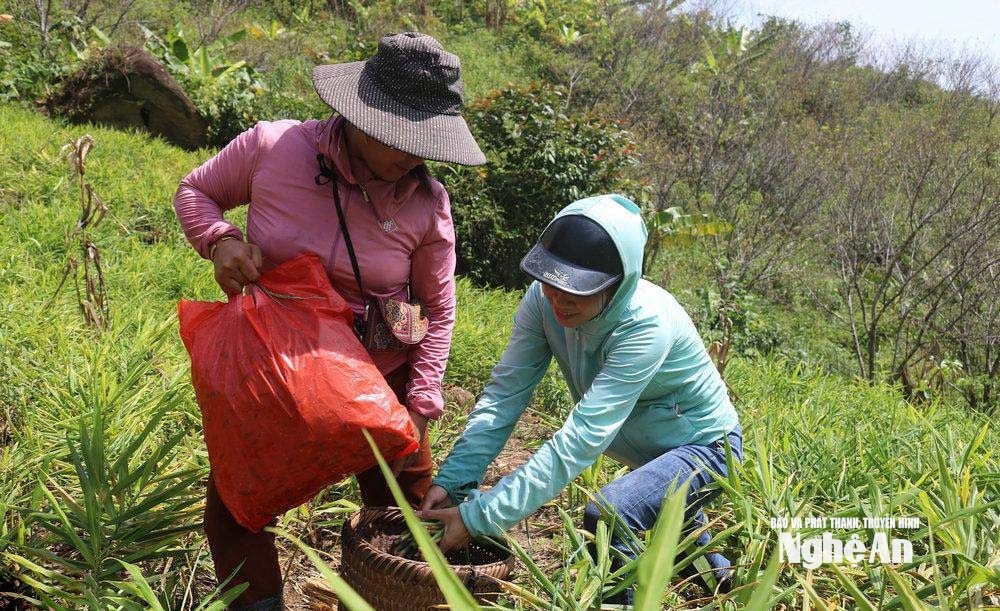
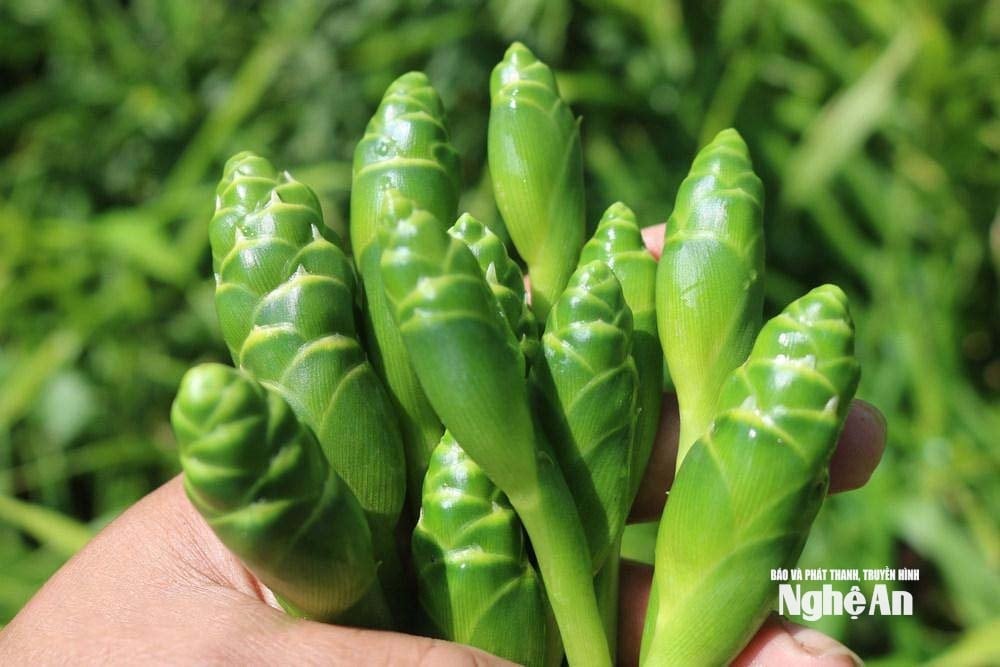
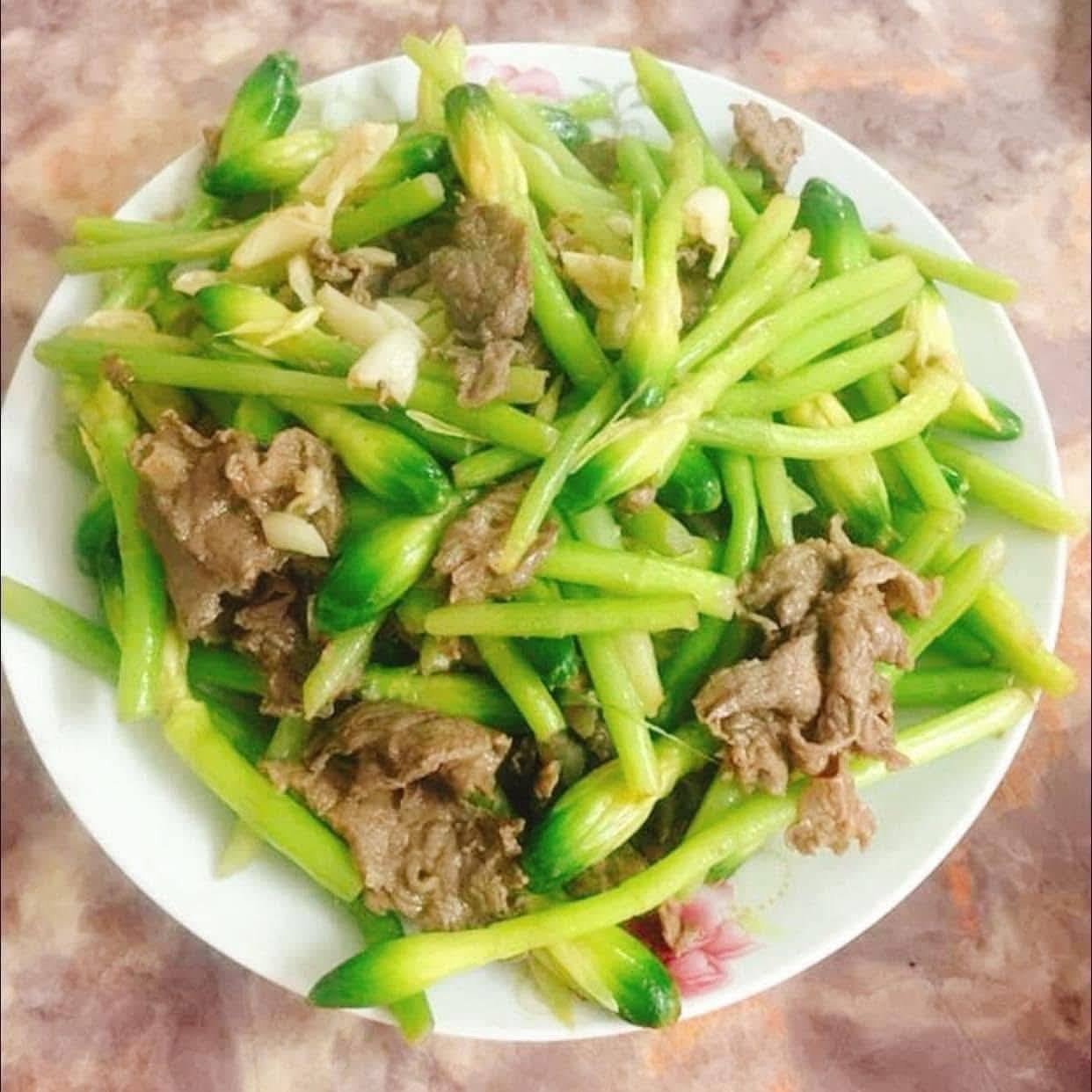






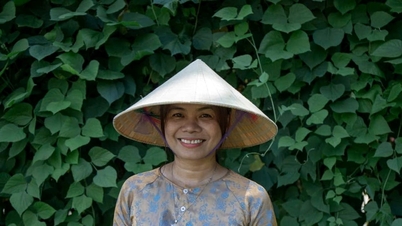



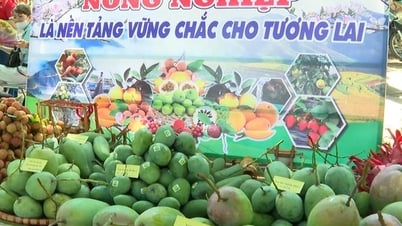

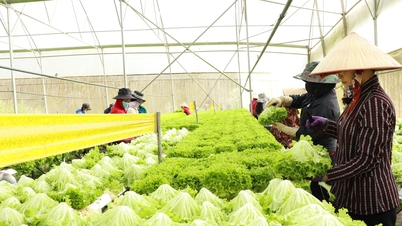

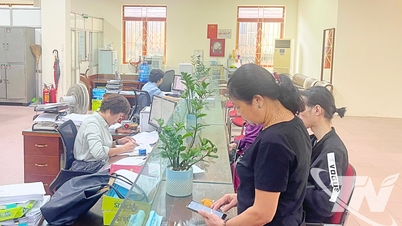



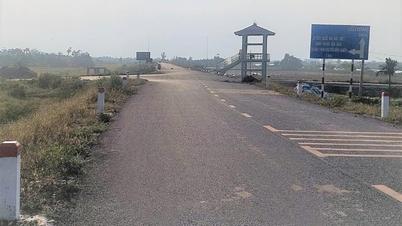






















































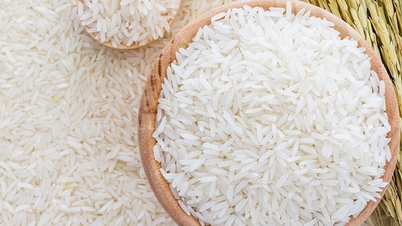
![[Infographic] Vietnam's stock market exceeds 11 million trading accounts](https://vphoto.vietnam.vn/thumb/402x226/vietnam/resource/IMAGE/2025/11/09/1762677474332_chungkhoanhomnay0-17599399693831269195438.jpeg)















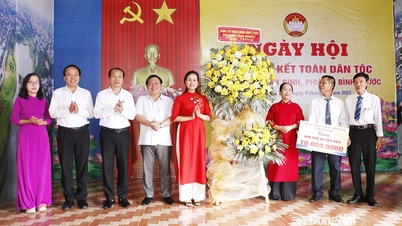

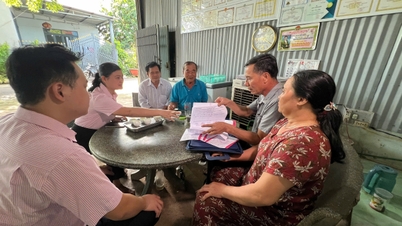
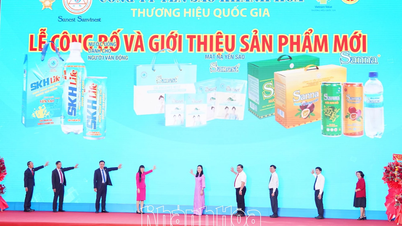




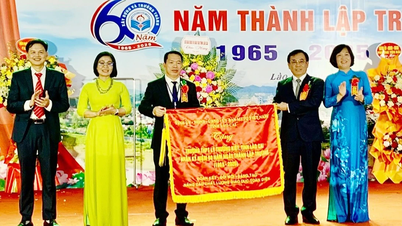
![Dong Nai OCOP transition: [Part 2] Opening new distribution channel](https://vphoto.vietnam.vn/thumb/402x226/vietnam/resource/IMAGE/2025/11/09/1762655780766_4613-anh-1_20240803100041-nongnghiep-154608.jpeg)













Comment (0)